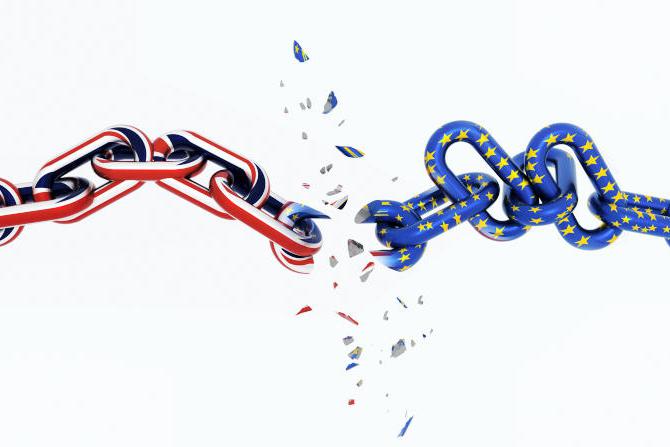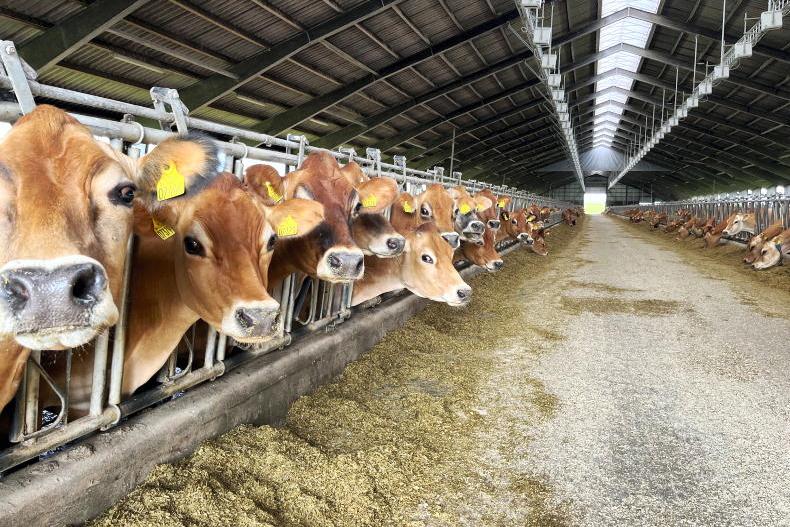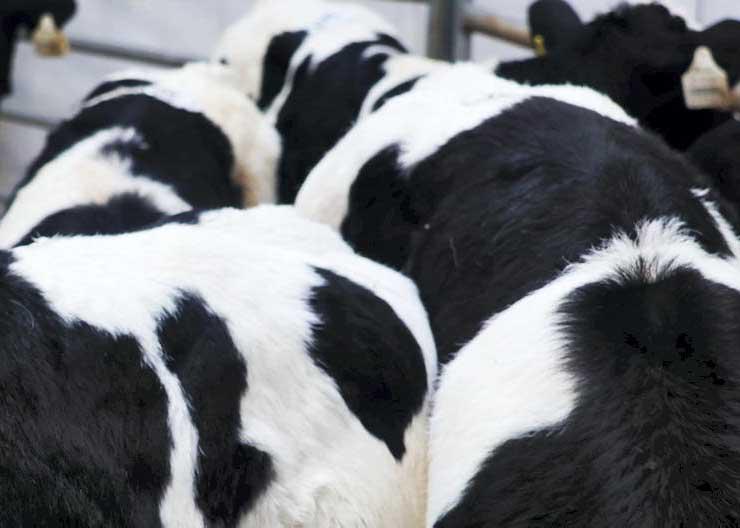If it comes to a no-deal Brexit and full tariffs, Ireland would pay the most of any country in the EU 27 despite having just 5% of total EU exports to the UK.
This is based on trade in 2015 in a study by Martina Lawless and Edgar Morgenroth, published by the ESRI in November 2016.
Germany has the largest sales of any EU country, making up 28% of total EU sales to the UK, but despite selling more than five times what Ireland sells to the UK would actually pay less tariffs under WTO tariff rates.
This is because of the different tariff rates paid on different products. Almost all of the tariffs that Ireland would pay are on agricultural produce, with beef the largest single category at €750m followed by cheddar at €400m out of Ireland’s total tariff exposure on agriculture of €1.5bn.
Biggest tariffs on beef
If there is no deal, the UK will be charging £2.53/kg (€2.75/kg) on beef plus 12% of value and £1.39/kg (€1.51/kg) on cheddar. These are what would drive Ireland’s tariff share to the top of the EU 27 in the event of a no deal, despite accounting for just 5% of total EU sales to the UK.
The big export from Germany that makes up more than five times Ireland's sales to the UK with 28% of total EU sales is cars. These will be hit with a 10% tariff in the new year if there is no EU-UK deal and if that happens, Germany will be second to Ireland for tariffs paid.
What is also striking about allocating tariffs on the basis of trade conducted over a year, is that seven countries of the EU 27 between them would pay 83% of tariffs in the event of no deal while the remaining 20 countries would pay just 17% of the total EU tariffs. For these 20 countries, the prospect of no deal and tariffs is of relatively little concern.
Stockpiling beef in Britain
The bottom line is that if the EU and UK fail to reach a deal that avoids tariffs from 1 January, then it will be impossible to sell Irish beef and cheddar in Britain. It also means that in the days that remain before the end of this year, factories will be working flat out to get deliveries out before that as beef importers in Britain build stocks. That in turn should create a good demand for cattle in the coming days.









SHARING OPTIONS